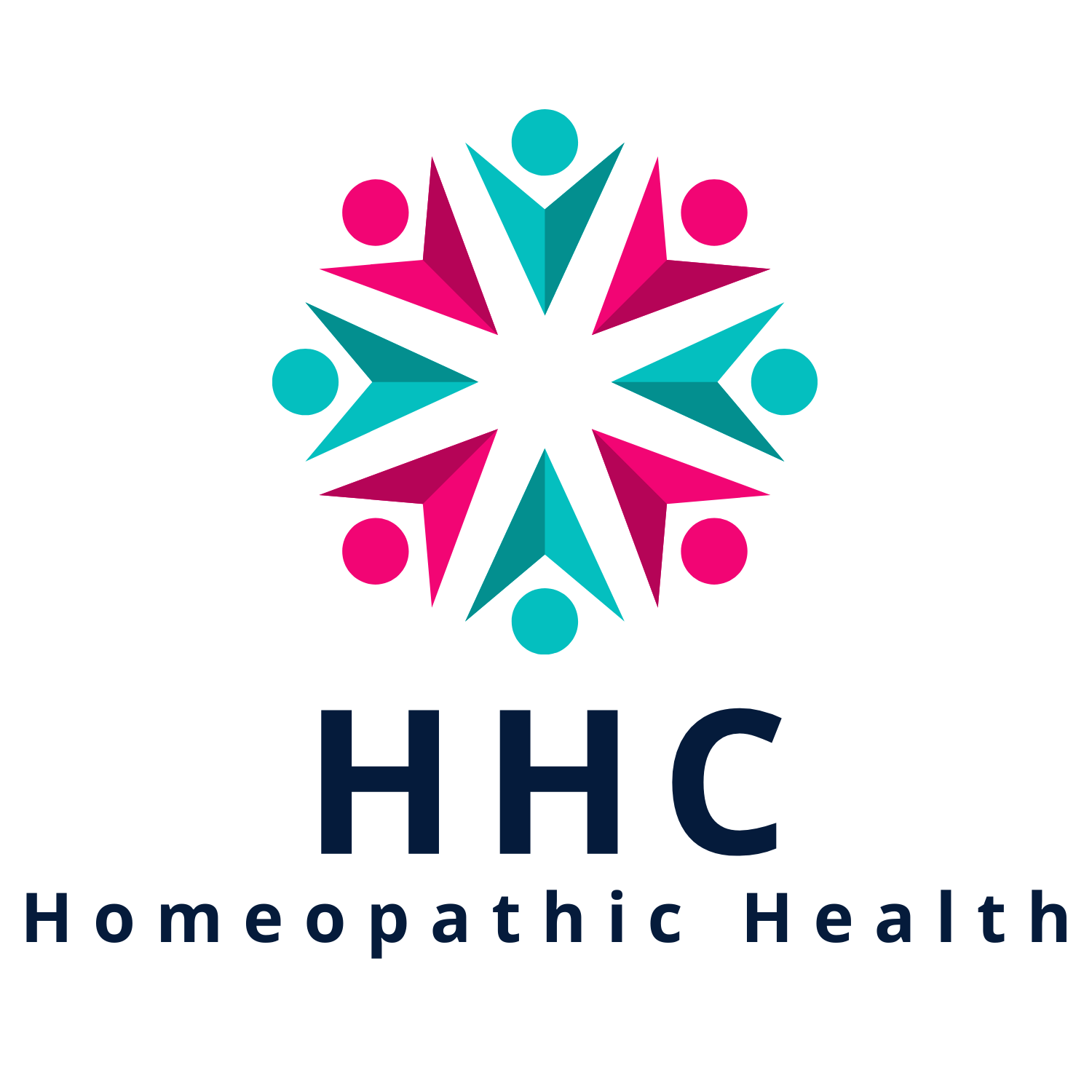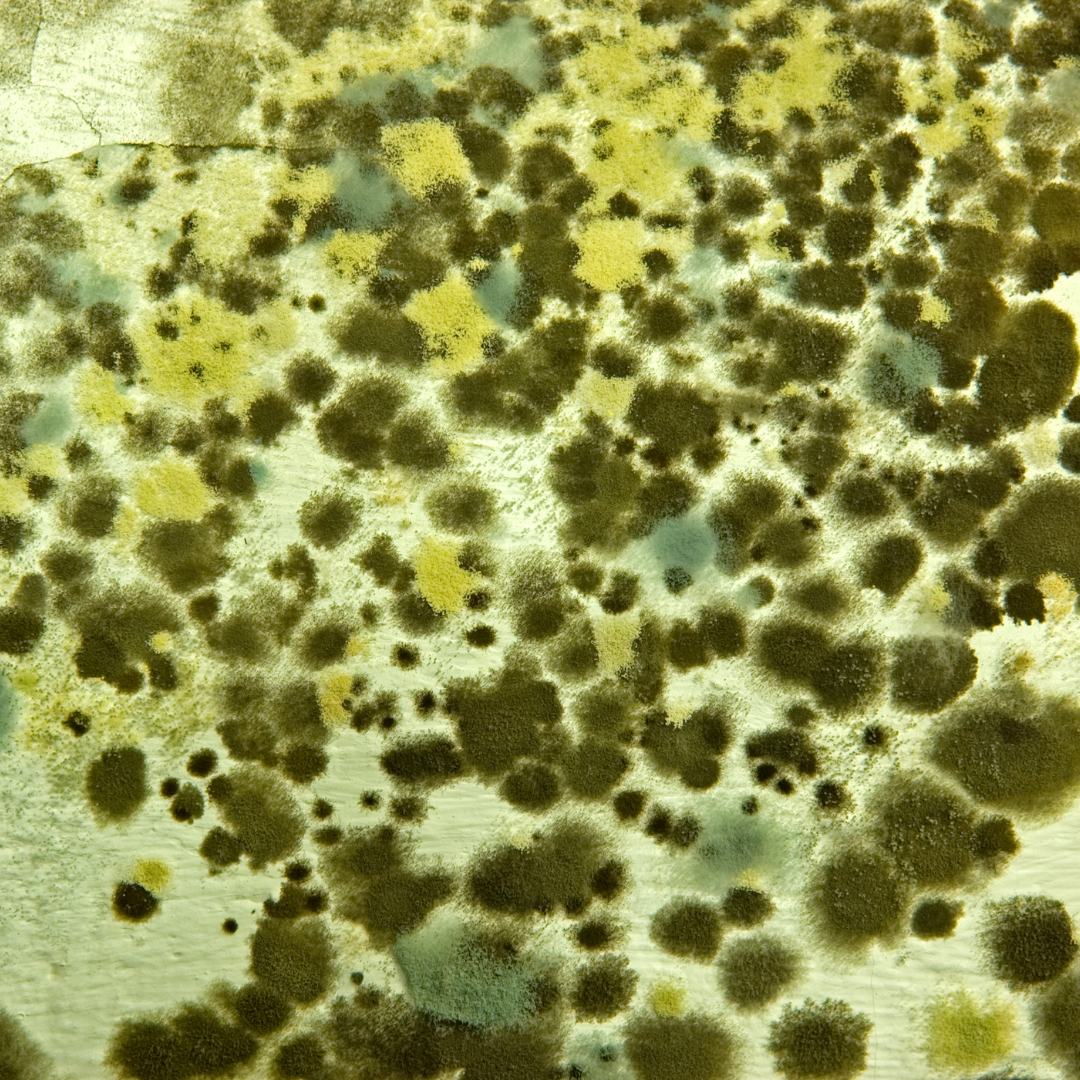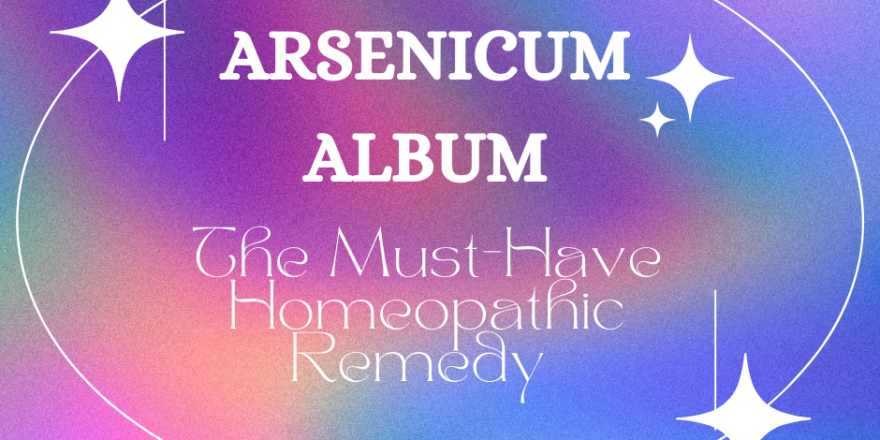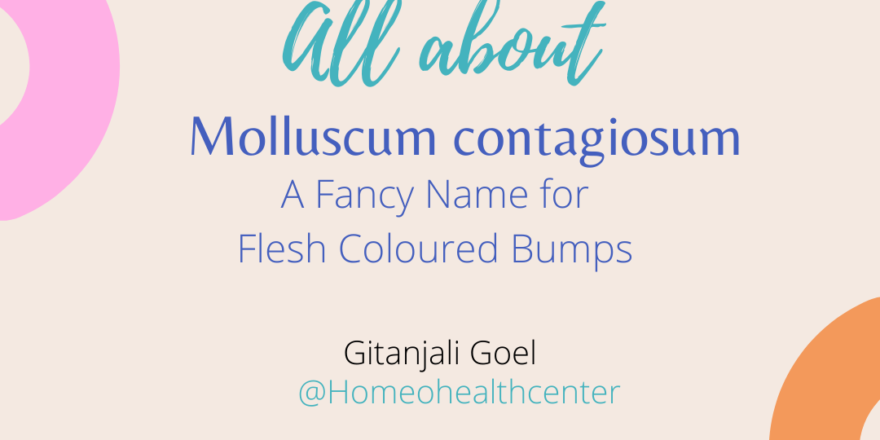Mold is a type of fungus that can be found both indoors and outdoors. Molds grow best in warm, wet, and humid conditions yet it can survive almost anywhere there is sufficient moisture and nutrients to thrive.
Mold can live in or on many kinds of things like soil, dust, rotting logs, fallen leaves, compost, grasses, and weeds. Some mold species can also invade various food crops, such as wheat, oats, barley, and corn. You can also find mold in damp places like basements and bathrooms, house plants, air conditioners, humidifiers, garbage cans, carpets, ceiling tiles, insulation, wood, drywall, mattresses, and pillows etc.
If you see mold on your food, do not eat it simply by removing the moldy part as mold spores may have deeply penetrated below the surface.
Mold multiplies via microscopic spores, which can be transported by air, water, and insects. When anyone who has a sensitive immune system inhales these spores can have allergic reactions.
Not all types of mold cause allergic reactions, only a few from the wide variety of molds like Alternaria alternata, Cladosporium herbarum, Aspergillus fumigatus, and Penicillium can act as allergens.
When you breathe in these airborne mold particles, your immune system may react if you are sensitive to mold exposure and your body recognizes them as foreign invaders and develops allergy-causing antibodies to fight them. These antibodies actively remember the mold spores so that the next time you come into contact with them, your immune system will go into overdrive and your body then releases substances like histamine and you get symptoms like
- Sneezing
- Coughing
- Itchy, watery eyes
- Runny nose or nasal congestion
- Throat irritation
- Skin rash
Who is prone to a mold allergy?
People who are already suffering from the following conditions may be more prone to a mold allergy
- Allergies
- Sinus infections
- Asthma
- Chronic Obstructive Pulmonary Disease (COPD)
Complications of mold allergy
- A long term exposure to mold can trigger symptoms related to asthma such as shortness of breath, chest tightness, wheezing and coughing.
- You can develop allergic bronchopulmonary aspergillosis which means you have an inflammatory as well as an allergic response to mold.
- Allergic fungal sinusitis if you have fungus in your nose
- Hypersensitivity pneumonitis if your lungs become inflamed by mold spores.
Homeopathic Remedies for mold allergy
Arsenic Album
It is an excellent remedy when burning is one of the main symptoms. There may be inflammation of eyes and eyelids with burning sensation. Along with that there may be a runny nose with itching, burning and all stuffed up sensation. There is great restlessness. It provides a great relief when there are constricted airways because of asthma. Patient feels better by having sips of water and staying outdoors. Feels worse in a warm room and from lying down.
Allium Cepa
This is an effective remedy when there is a lot of sneezing and excoriating nasal discharges which burns and smarts the nose and upper lip. There is also a constant watery discharge from the eyes. There may be tickling in the throat, with aching in the larynx. There is a constant inclination to hack. Patient may also have a sensation of lump at the root of the nose.
Sabadilla
It is an incredible remedy if you are having sneezing, coryza accompanied with red, watery eyes. There may be a feeling of pressure on eyeballs, esp. when looking up along with the redness of the margins of eyelids. There may be lachrymation, esp. during exercise in the open air, when looking at anything bright, when coughing or yawning. Patient has a short, difficult and wheezy respiration along with pressure on the chest. Feels worse in the open air, cold drinks, and during a full moon. Feels better in a warm room, by drinking warm drinks.
Ambrosia
Ambrosia is helpful when main presenting complaints are violent sneezing with an itchy feeling in the nose. There is a watery discharge from the eyes with an intolerable itching of eyelids. Spasmodic cough from tickling in the throat with expectoration of yellowish, or greyish-white mucus. Tongue is also coated white, or greyish yellow along with an offensive smell in the mouth especially in the morning.
Wyethia
This remedy is an excellent choice when there is itching on the palate along with dry, hacking cough. Patient constantly feels a prickling and dry sensation in the posterior nares and has a sensation as if something were in nasal passages;There is a constant desire to swallow saliva to relieve the dryness of the throat. There can be sharp pain just below ribs, especially on the right side.






